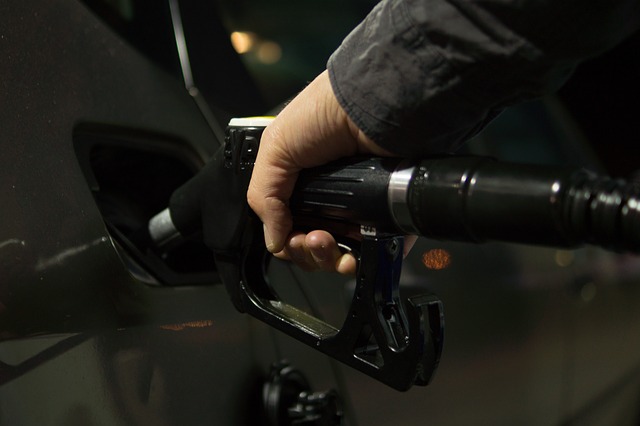As of May 8 2019, a short-term reduction of five to seven cents in the price of fuel has been predicted by the Central Energy Fund (CEF). This comes as trade talks between the United States of America and China comes to a head in Washington DC.
This is however being offset by weaker currency exchange rates, making a net increase (of 8 to 10 cents per litre) in South Africa more likely.
Economists have also predicted that the price of oil may spike as high as $90 per barrel, and although the CEF has predicted short-term relief, this may mean that petrol could skyrocket to R20 per litre this year.
Speaking to BuinessTech, economist Dawie Roodt predicted that higher prices will be at the pumps for the next few months, as the elections may contribute to this.
“This fourth increase in a row might not be the end of it and… further price hikes in the next few months are highly likely and could take the country beyond the historically high prices notched up in the recent past,” he said.
“Increased American sanctions against Iran, one of South Africa’s major suppliers of crude oil, are definitely going to be a factor, as will the rand-dollar exchange rate and the outcome of the upcoming election.
“If the rand continues to slide against the US dollar and a shortage of crude drives up prices, the result could be too horrible to contemplate,” Roodt added.
Picture: Pixabay

